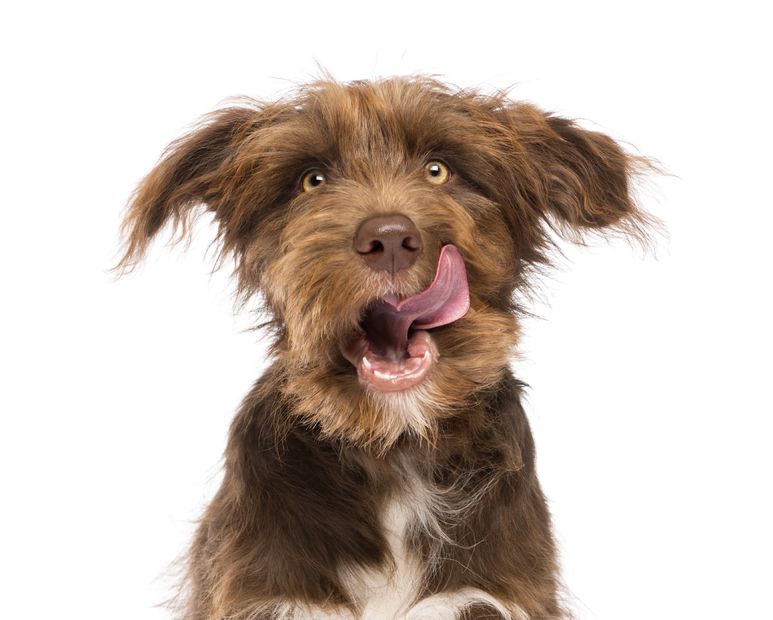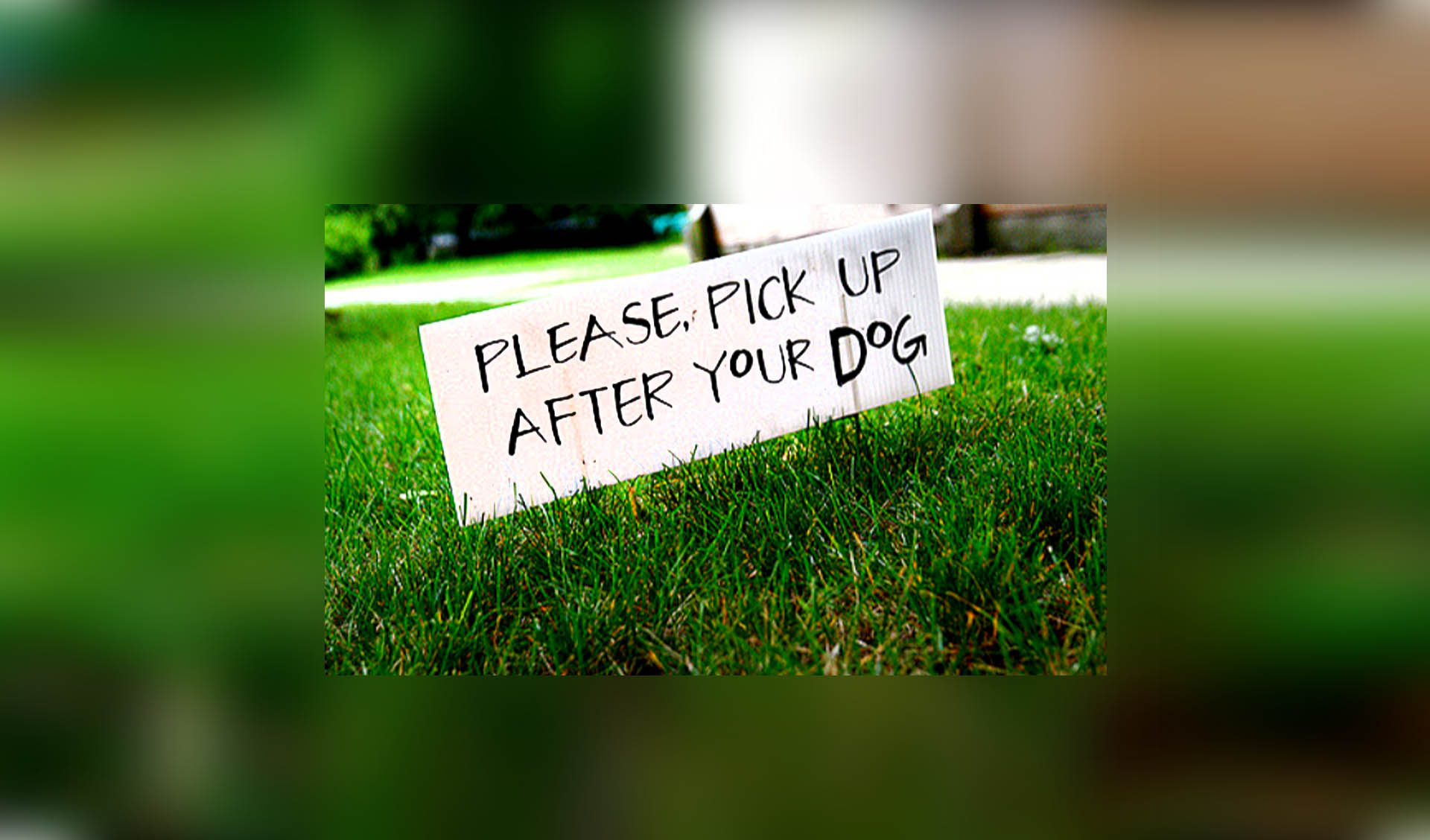Coprophagia is the term used when an animal eats feces, either its own or from another animal. In many cases, it is normal behaviour; however, most owners would agree that it is a very undesirable behaviour!
One common reason a female dog with puppies will eat their feces is to keep the den area clean. This completely normal behavior is due to an instinct to protect the area from parasites and to keep the den unnoticed by predators. Young puppies will occasionally imitate this behaviour and continue eating feces as puppies – more often than not they grow out of it before their first birthday.
If your dog eats feces, it is important to rule out any medical reasons by visiting your veterinarian. Coprophagia is a possible side effect of several diseases such as pancreatic insufficiency and gastrointestinal parasites. The veterinarian will verify that your dog has a healthy weight and has normal stool consistency, perform fecal tests and ensure that your dog has a proper deworming regimen. If your dog is given a clean bill of health, the coprophagia is likely behavioural.
Breaking the stool eating habit often proves to be difficult endeavor; however, there are many strategies that can be used to attempt to break the habit. There are additives available from your veterinarian that you can add to your dog’s food which will make the stool less palatable. There are home remedies as well, such as feeding your dog pineapple or meat tenderizers, although a recent study found these are reported to work only in a small percentage of cases.
Teaching your dog to “come” reliably and the command “leave it” can also be very useful. Remote control collars used for behaviour modification have been shown to be effective in some cases, but only with long term and consistent use. It is recommended that you consult your veterinarian or a behaviour specialist before trying one of these collars.
The best advice is to keep your dog’s environment scrupulously clean by picking up feces immediately. Keep in mind that yelling at your dog or giving attention when you discover him eating feces may further encourage the behaviour. For instance, dogs who have also been punished for defecating in the house may engage in coprophagia to “hide the evidence”.
Finally, make sure to keep your dog well exercised and stimulated with appropriate toys and games. Physically and mentally stimulated dogs tend to have more desirable behavior than bored and sedentary dogs.
With time and persistence, this most unpleasant habit can be broken!


